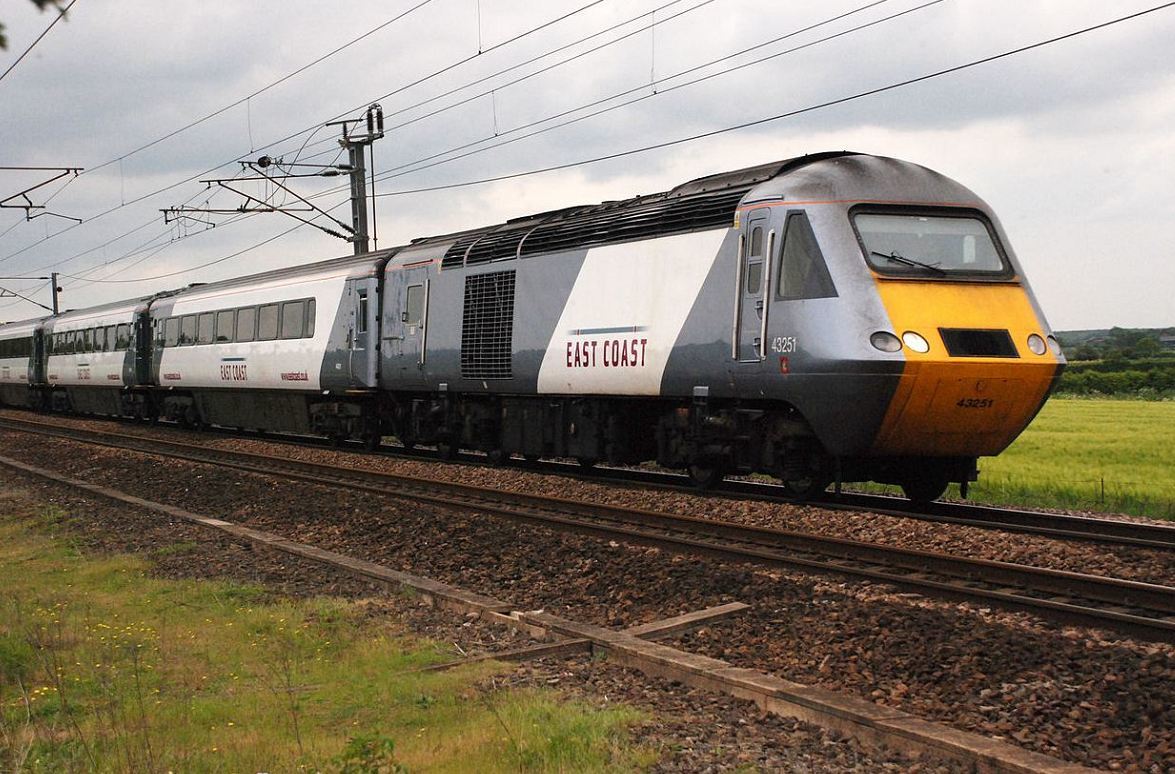The UK Government is facing fresh calls to re-nationalise the East Coast Main Line after accounts revealed it paid a record £235million back to the taxpayer last year.
The link between Aberdeen, Edinburgh and London, which has been run publicly since 2009, has returned more than £1billion to the Government over the past five years.
But the Department for Transport still wants to return it to private hands.
Three bidders are currently fighting to win the contract – Aberdeen’s First Group; a joint venture between Sir Brian Souter’s Stagecoach and Sir Richard Branson’s Virgin Trains; and a tie-up with train operators Keolis and Eurostar, both owned by the French state.
“It’s a ludicrous decision to hand the railway back over to private ownership when that’s already been tried twice and failed both times,” said Nick Cash, acting general manager of the RMT union.
“East Coast Main Line is generating almost a quarter of a billion pounds every year for the Government and yet they’re just ideologically opposed to state ownership.
“The irony is that instead, German and French-state-owned railway groups then come in and run our railways, with the profits going back to the German or French governments instead.
“It’s crazy and it’s pointless.”
The annual report for the East Coast Main Line for the year to March 31 showed that overall sales were £717.5million, up from £692.5million, and pre-tax profits were up from £7million to £9.5million.
The company said sales of first-class tickets were a ‘particular success area’, up by 12% compared with 3% for standard class.
Returns to the government included a £216.8million franchise premium and a £18.6million dividend payment.
It has been run by Directly Operated Railways, a subsidiary of the Department for Transport, since previous operator, National Express, handed the franchise back because of financial troubles.
In spite of opposition from Labour and the Green Party, the Coalition intends to go ahead with its plans to privatise the line.
The franchise is expected to run for a period of around eight to nine years, with the provision for an extension of up to two years at the discretion of the DfT.
An announcement about the successful bidder is expected this autumn, with the contract expected to start in February 2015.
